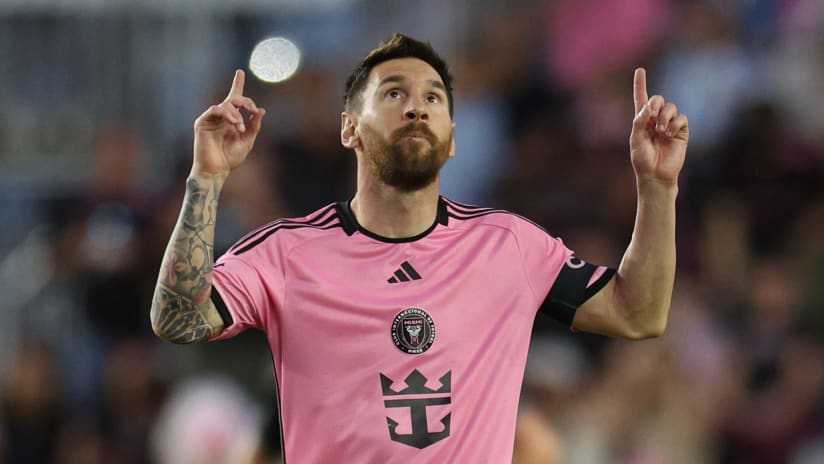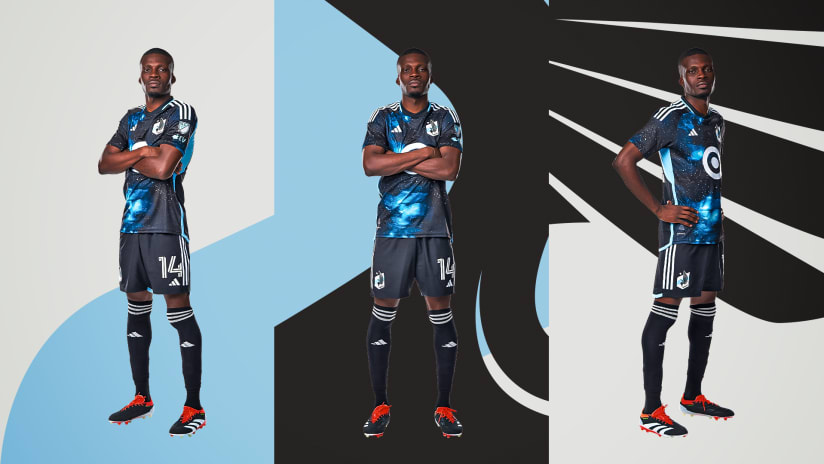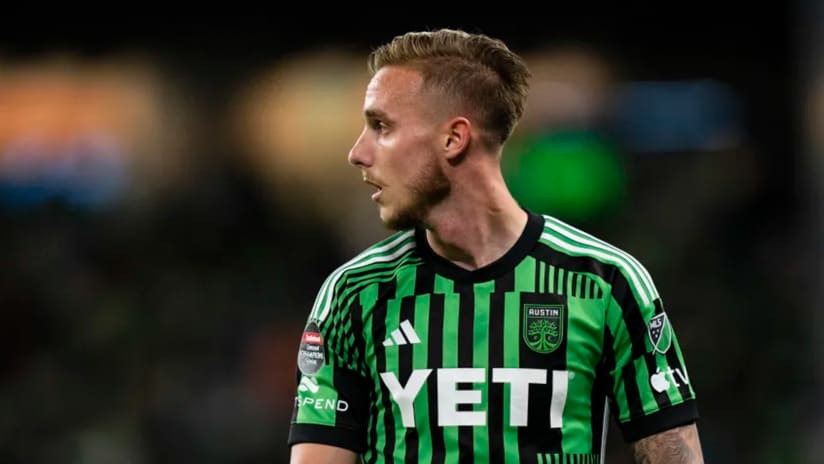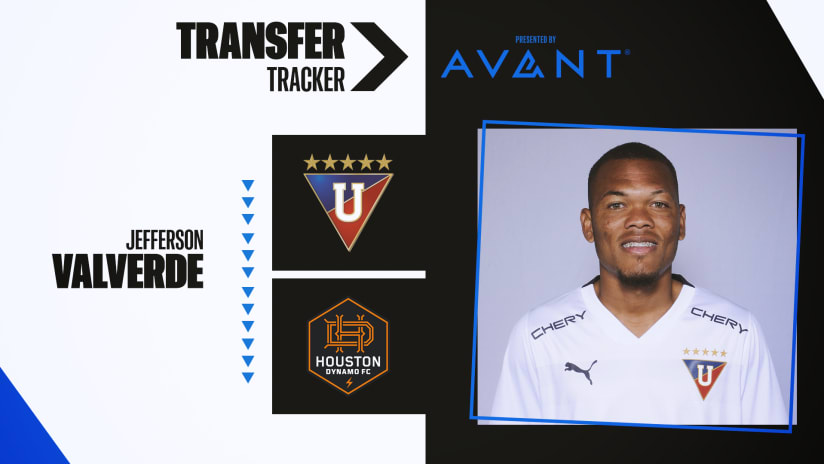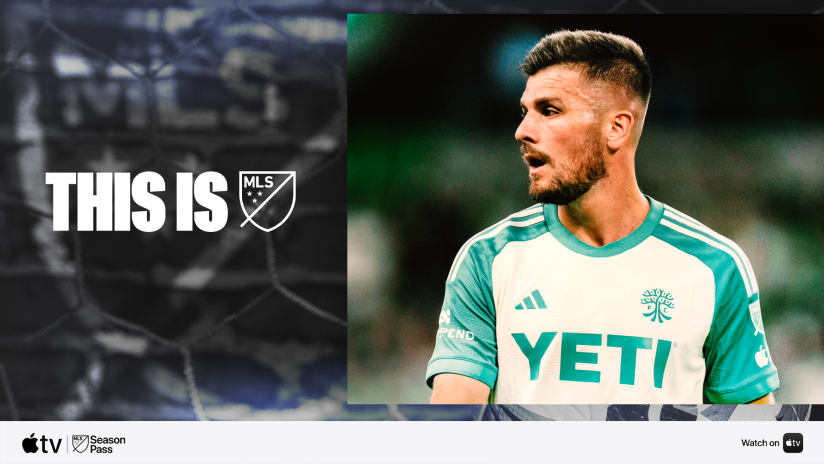college's soccer's version of the Final Four -- is upon us. With the MLS season over, coaches are now focusing on the future. Who are the players that can help next year? Coaches are asking: "Do I need to go overseas or out of the country? Is it better to get a Project-40 player or a college senior?"
After the end of the college season concludes, the combine will come, then more importantly, the SuperDraft. But I want to focus on the value -- or lack of value -- of college soccer. Right now it is a popular concept to dismiss the college years as lost years for players. But are they really?
Everyone is different. Every player is also different and the development of that player varies. No college is correct for some and some college is just the ideal fit for others. Yes, there are some who need all four years. However, I have a problem with players who look down upon college.
The advent of the U.S. Soccer residency program has produced many P-40 players and also some early college entrants. Some players however, unfortunately, view college as just a short stop on their way to the pros and really do not get out of college what they could.
College soccer is far from perfect or ideal. The season is too short, the training restrictions do not encourage growth and the quest for results sometimes causes play to be too direct. The substitution rule with all the re-entry takes away from the physical and psychological battles the players will encounter in professional and international play. As a result, this stunts their growth.
However, there are also positives for the college game. Playing meaningful games that count for points in conference races and playoffs are good for players. Maturing within a group of peers is not the worst form of psychological growth.
The good programs and coaches are creating a soccer environment by using every rule they can to give their players as close to a year-round experience as possible. Playing for school pride and in front of crowds -- like the recent playoff throng at the University of California-Santa Barbara -- gets the juices flowing and lets a player know if he can produce under pressure.
Players who also compete with the various U.S. Soccer age group teams, such as the under-18 or under-20 teams, might have the best of both worlds. I feel that a player needs to be competing at the highest level in which he can get games. Training at a high level with little or no games will not foster development to its ultimate. Playing in games on training fields in front of 20 people and a couple of dogs and cats does not get the butterflies flowing. College ball can fill a void there.
But, at the end of the day, the most important ingredient is what you put into it. Players that put all of themselves into college soccer and choose a good program with a driven coach will make gains. Players who think they are too good for the game will get very little out of it. There is a lot to learn when an 18-year-old freshman plays a 22-year-old senior. When you look around the world there is very little correlation between who plays for their country's under-17 national team and then eventually for the full national team. Some players are just late bloomers, but there are plenty of other aspects that change players so much between 17 and 22.
MLS is starting a reserve league and we'll see how this helps. Around the world, talented youngsters can train with pros and the first team but then get weekly meaningful games with the reserves or their youth teams. That is what we are trying to replicate.
Until we do that, college can sometimes fill that meaningful games void. Success has come both ways. Landon Donovan, DaMarcus Beasley and Bobby Convey went directly into pro soccer, played a lot early and succeeded. Carlos Bocanegra, Clint Dempsey and Pat Noonan went through some college years -- and also are having success.
Talent will always prevail if given the opportunity to develop -- for some that is a direct jump to the pros, for others it is college ball. Enjoy the College Cup.
Sigi Schmid is one of the winningest coaches in MLS history, having led the Los Angeles Galaxy to four honors in his five-plus years at the helm, including the 2002 MLS Cup championship. Send comments to Sigi at sigischmid@hotmail.com. Views and opinions expressed in this column views and opinions are the author's, and not necessarily those of Major League Soccer or its clubs.


